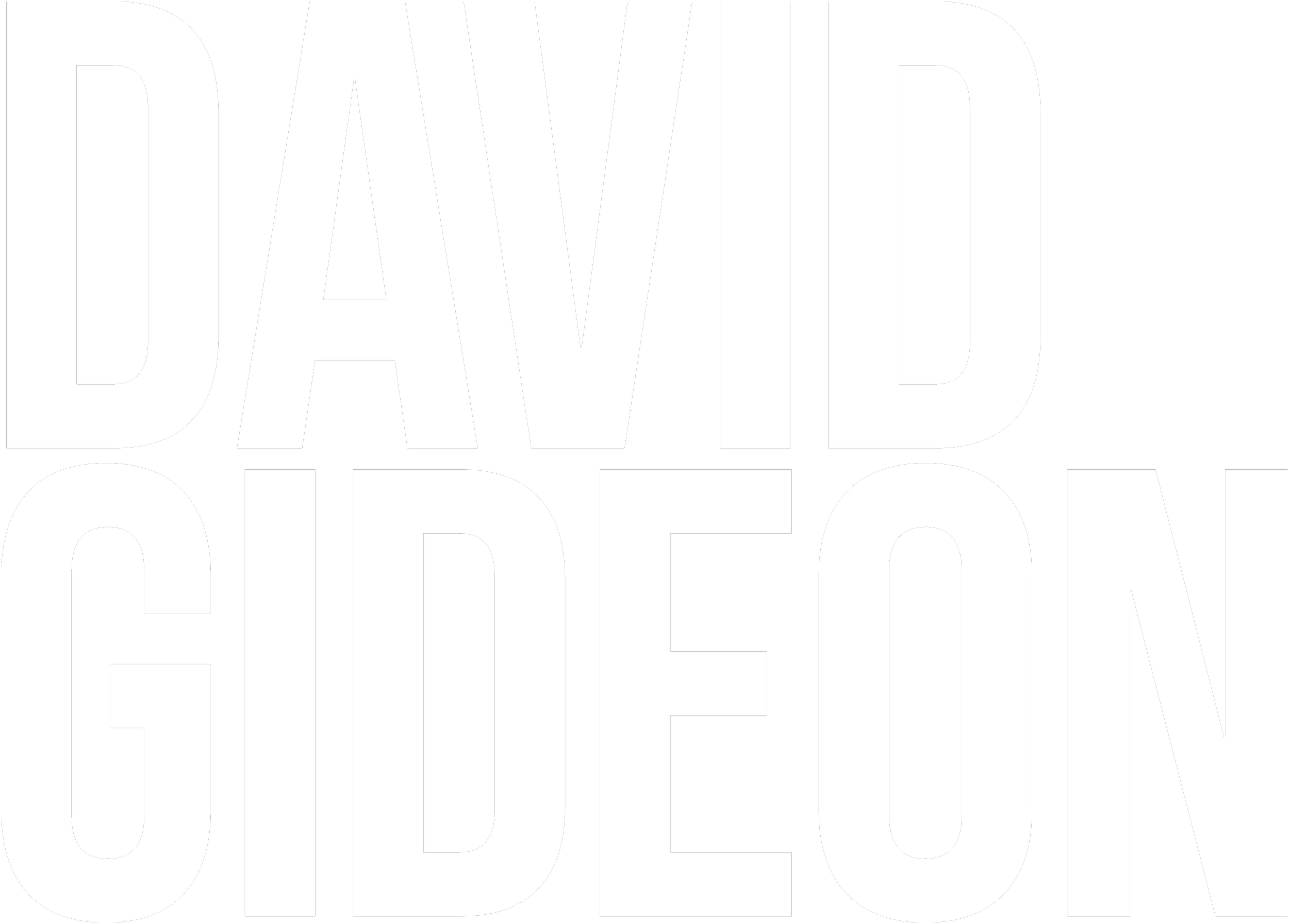When Lee Strasberg was teaching me how to interview potential students he made it clear that even in this process there mustn’t be any judgement. He went so far as to say “in an audition we judge talent; a teacher trains it”. How then is the decision made? One of the important questions in the interview is “who are your favorite actors”? This seemingly conversational question can be very revealing.
Assume that the potential student answers that his/her favorite is Albert Finney. The logical next question is to ask if he/she thinks that Albery Finney’s work represents the type of acting that you teach. Now Albert Finney is one of the best actors in the English speaking world but his approach is external and representational rather than internal and organic. If that is what someone is looking to learn, everyone involved would be much better served by directing the student toward schools and classes that teach that. Far too often I have seen teachers try to convince students that their way of teaching was better than what the student was already drawn towards.
The potential student doesn’t necessarily have to understand the differences amongst the various schools of thought about acting. It is only necessary for the student to observe and give thought to what attracts him or her to certain actors and performances. Returning to Albert Finney for a moment; I certainly appreciate his work, but that doesn’t mean that I want to train to be like him onstage. I have always been taken with the work of actors such as Paul Muni, John Garfield, Montgomery Clift, and Marlon Brando. After reading and researching about them, it followed naturally that I wanted to study with Lee Strasberg.
If, on the other hand, a student were to answer that he/she aspired to the type of work achieved by Ellen Burstyn, Jane Fonda, Al Pacino, or Johnny Depp, it would be safe to assume that that student would be a good fit in a Method Acting class.
I recently participated in auditioning students for the incoming freshman class (OMG the class of 2014) at Purchase College SUNY. It was amazing to me that so many young actors who professed to be serious about their craft answered the above question with the names of popular actors only, or actors who are doing sitcom work on TV. I wouldn’t ask the question, but it leaves the impression that this group was only interested in fame and celebrity rather than substance and craft. Don’t misunderstand me, there’s nothing wrong with fame and celebrity (unless you would like to be able to go out in public), but the craft and art in acting reside beyond that.
Another part of the selection process is discovering whether or not the prospective students already thinks of themselves professionally. By asking what roles they see themselves playing, or what roles they would like to play, we can see how self observant those actors are. Far too often the answers given are general. “I’m a leading man”, or “I like comedy”, or “I want to play bad guys” are a few of the examples of this type of answer. When actors are thinking creatively and professionally about themselves the answers run along much more specific lines. “If they were casting ‘Some Like It Hot’ today, I could play Jack Lemmon’s role”, or “I’m still too young, but I’d really like to take on Iago in ‘Othello’ some day. These are the types of answers that indicate an actor who is involved in more than image. These actors are already thinking professionally.
Of course there’s more to it than these two questions. But within these questions resides the answer as to whether or not a potential student is a match with my class or would be better served by going elsewhere.
